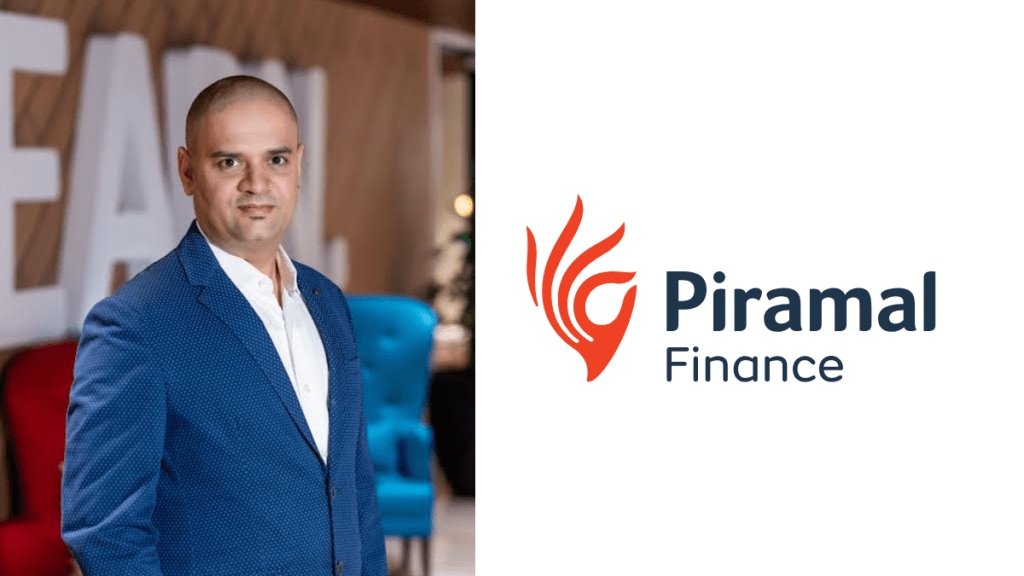For millions in India’s tier 2 and tier 3 cities, securing a loan isn’t just about interest rates and EMIs but more about clearing the invisible walls of paperwork and approvals that often stand between them and financial inclusion. Piramal Finance, through its Parakh series, aligns with its campaign “Hum Kagaz Se Zyada Neeyat Dekhte Hai,” highlighting how intent (Neeyat) matters alongside documentation in its trust-based approach to lending.
In an industry where algorithms and credit scores dictate eligibility, Piramal Finance’s approach is refreshingly personal. “Our customers are largely unbanked in terms of financial instruments. Many lack the full set of paperwork the financial system traditionally demands. But does that mean they don’t deserve access to credit?” Arvind Iyer, Head of Marketing, Piramal Finance, told Shailja Tiwari. The company has devised an underwriting process that goes beyond traditional paperwork, blending AI-driven models with real human interaction.
The campaign itself is a departure from the usual glossy, scripted advertising that dominates the financial sector. Instead of polished testimonials, Piramal Finance, in collaboration with The Womb, has produced a series of documentary-style films capturing real customer experiences. These aren’t airbrushed success stories but raw, authentic narratives of individuals who found financial support when they needed it most. The films, in Hindi, Marathi, Tamil, Telugu, and Kannada, highlight the regional and cultural nuances of financial struggles across India.
The marketing playbook for this campaign is as unconventional as its message. Given the long-form nature of the content—seven-minute films instead of quick 30-second ad spots—the digital space is the primary battleground. “YouTube is our main platform, but we are also exploring OTT distribution. Theatrical release is an option too, but we’ll first analyse how digital performs,” Iyer explained.
For those wondering whether the campaign will find its way to television, the answer is a cautious ‘maybe.’ “Radio is a strong possibility, especially for our audience, and we’ve also experimented with out-of-home advertising in the past—things like signage and wall paintings in smaller towns,” he added. The focus remains on ensuring that the campaign reaches those who need it most, rather than blanketing urban India with ads.
Beyond advertising, “Hum Kagaz Se Zyada Niyat Dekhte Hai” is also a statement about Piramal Finance’s business philosophy. Their loan offerings, from home loans and MSME loans to micro-loans against property, are structured to meet the realities of customers in semi-urban and rural India, as the company stated.
“Our underwriting isn’t just about ticking off a checklist. It’s about evaluating the reality of an individual’s financial standing. We engage with our customers directly, understanding their circumstances beyond what’s on paper,” Iyer said. This, he believes, is what sets Piramal Finance apart from competitors that rely purely on rigid data points.
The stakes are high. With increasing competition in India’s financial sector, the balance between trust and risk is a tricky one. But for Piramal Finance, the bet is clear: in a country where paperwork has often been a barrier, maybe it’s time to let intent and credibility speak louder than documents.
